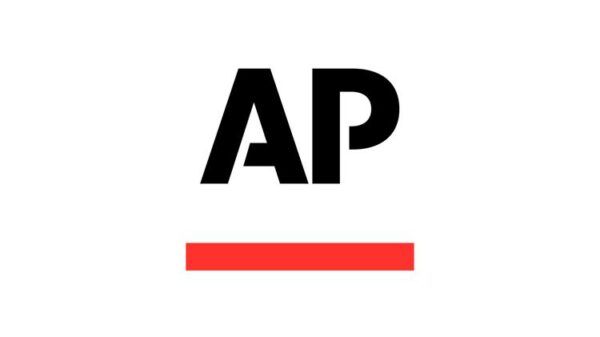The European Parliament and the European Council have taken significant steps to enhance consumer protection in the digital marketplace. On November 27, 2023, negotiators from both institutions reached an agreement on the *Payment Services Regulation* (PSR) and the *Third Payment Services Directive* (PSD3), which aim to safeguard consumers from online fraud and hidden fees. This agreement will now progress to both bodies for formal adoption, a crucial step before it can come into effect.
If approved, the new regulations will place greater responsibility on payment service providers (PSPs). They will be required to cover customer losses if they do not implement adequate fraud prevention measures. Additionally, PSPs must verify that the payee’s name and unique identifier correspond correctly. In cases of discrepancies, they are mandated to refuse the payment and inform the payer. Strong customer authentication will also be a requirement, alongside provisions for spending limits and blocking measures to further protect consumers.
Liability for Online Platforms and Fee Transparency
The regulatory framework will extend its reach to online platforms, making them liable to PSPs that reimburse customers defrauded due to fraudulent content present on their sites. If these platforms are informed about such content but fail to take action, they will bear responsibility for the losses incurred by customers.
A critical aspect of these regulations is the emphasis on transparency regarding fees. Companies will now be required to disclose all charges, including currency conversion fees and fixed charges for cash withdrawals, before any payment transaction is initiated. This move aims to eliminate hidden fees that often catch consumers off guard.
The European Council highlighted that this provisional agreement is designed to combat the rising prevalence of new payment scams that have emerged in recent years. Other provisions include allowing retailers to offer cash withdrawals without necessitating a purchase, ensuring that merchants’ trading names align with what appears on customer bank statements, and facilitating access to bank account information for the development of modern payment services.
According to reports from PYMNTS, the PSD3 has been in development for two years and anticipates a substantial shift in how payment regulations impact banks and PSPs across Europe. These proposed changes reflect a growing commitment to harmonizing payment services and bolstering fraud prevention measures within the European Union.
As the final vote approaches, the implications of these regulations could reshape the landscape of online transactions, enhancing consumer trust and security in an increasingly digital economy.








































































